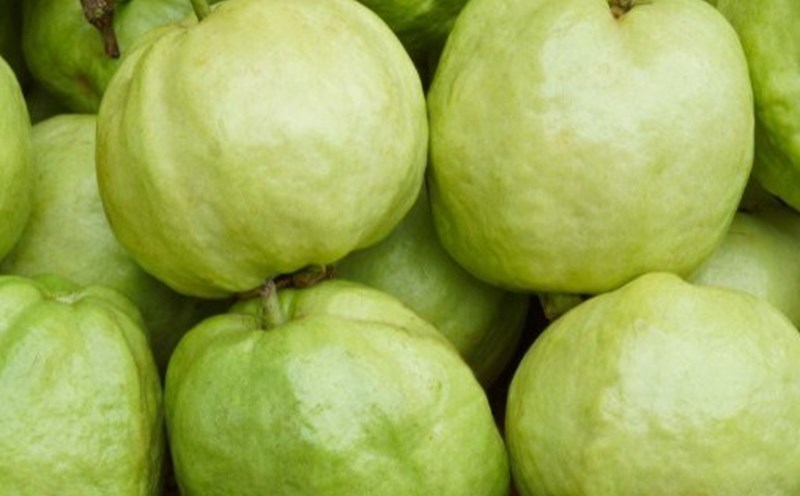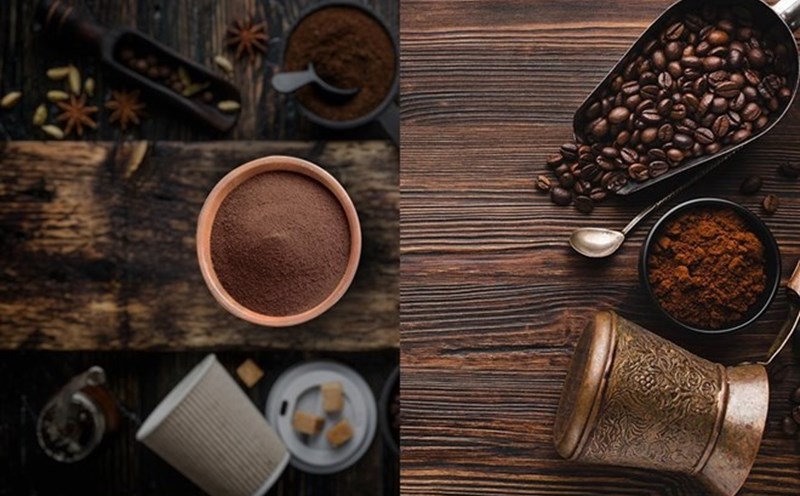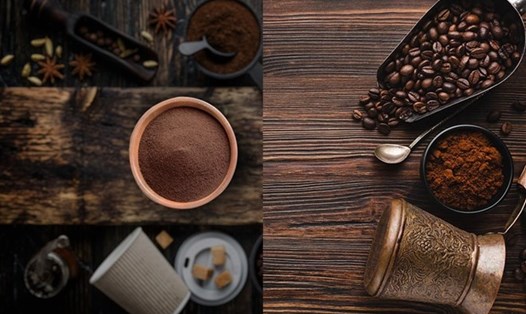Papaya can help control blood sugar thanks to the natural active ingredients in the fruit. Compounds such as flavonoids and alkaloids have the effect of reducing the oxidation process that causes damage to beta cells in the pancreas, thereby improving insulin production, helping to control blood sugar levels.
The World Health Organization has also emphasized the role of a healthy diet in managing diabetes and encourages the addition of fruits such as papaya to the daily menu. In particular, papaya has a low glycemic index (GI), meaning that when papaya is consumed, blood sugar levels increase slowly, helping to prevent sudden increases in blood sugar.
This is especially important for people with type 2 diabetes, where blood sugar control is one of the most important factors.
Not only does papaya lower blood sugar, it also helps prevent high blood pressure, one of the leading risk factors for cardiovascular disease.
According to the American Heart Association, potassium is an important mineral that helps regulate blood pressure, and papaya is a great source of potassium. The potassium in papaya helps balance the amount of sodium in the body, which reduces the pressure on blood vessel walls and helps lower blood pressure.
In addition, papaya also contains large amounts of antioxidants such as vitamin C and carotenoids. These antioxidants help reduce inflammation, preventing plaque buildup in the arteries - the main cause of cardiovascular disease and high blood pressure.
Not to mention the rich amount of fiber in papaya. A diet rich in fiber can help control weight and reduce the risk of metabolic diseases such as diabetes and high blood pressure.
The fiber in papaya helps slow down the absorption of sugar into the blood, while promoting digestion and maintaining a feeling of fullness for longer, helping to prevent overeating - one of the factors leading to increased blood sugar and high blood pressure.











